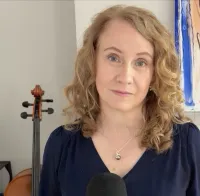
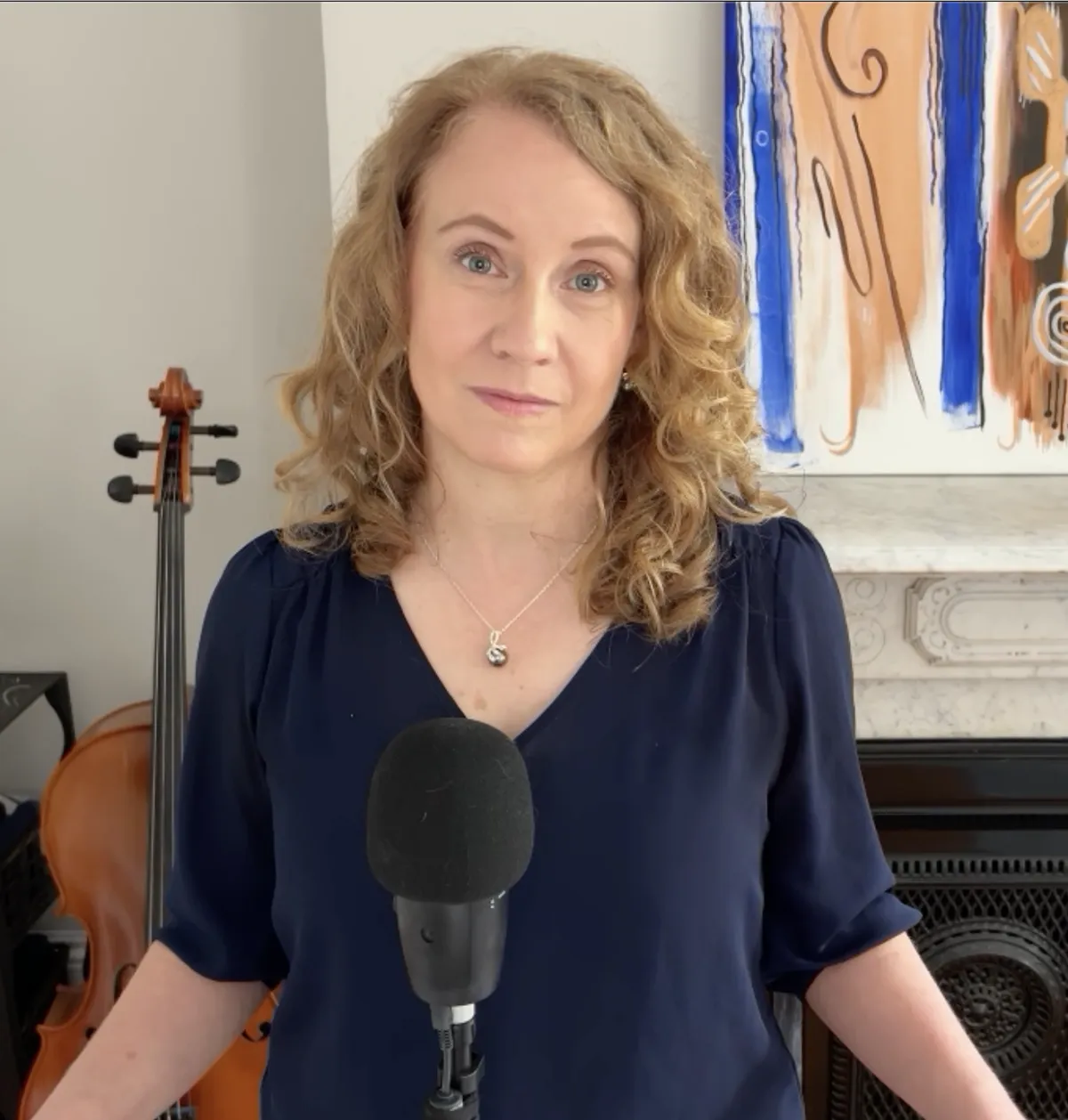
Where YOU get REAL Support and REAL Solutions
Defining Success Together
Autism and marriage aren't easy. We're here because we really get it.
REAL Neurodiverse Marriage
About Anne MacMillan
I built my original Neurodiverse Family Systems Theory on my education, personal life experience, and the professional experience I gained in the private neurodiverse services practice I founded in 2017.
Today, my services extend to support other professionals who have come to the new realization that neurodiversity is at the heart of many of the relationship challenges their adult clients face. Professionals can earn my Neurodiverse Family Systems Educator Credential (NFS-E) then use my practical 10-Step educational system, including quantitative assessments and support resources, to help their clients comprehend their relationship challenges and find the happiness and peace they deserve.
I have a research-based master's in psychology from Harvard University and studied developmental psychology as an undergrad. I received the Director's Thesis Award at Harvard for my original research on Level 1 autism and intimate life partnerships -- some of the first quantitative research on the subject in the world.
Altogether, I have over 50 years of personal life experience with neurodiverse family systems, over 20 years of personal life experience with neurodiverse intimate life partnerships, and 8 years of professional experience working with individuals managing the challenges of neurodiverse family systems.
I self-identify as a high body empathetic neurodivergent who just might also be a bit attention neurodivergent (ADHD). I am not autistic.

Anne MacMillan, MLA
Founder of the 10-Step Neurodiverse Family Systems Approach, Speaker, Researcher, Consultant, Coach, Educator and Expert Witness
Online Course Available Now
Married to Autism? Your Journey to Connection and Ease
An Online Course for Neurotypicals
and Non-Autistic Neurodivergents
Only $34.99 USD
Get the benefits of my education and life experience for less than the cost of one restaurant meal for two!
Neurodiverse relationships can be very confusing. Comprehending YOURSELF and the ways autism affects YOU can make all the difference. Take this first step towards
making life changes that will bring YOU the
Connection and Ease that YOU deserve.
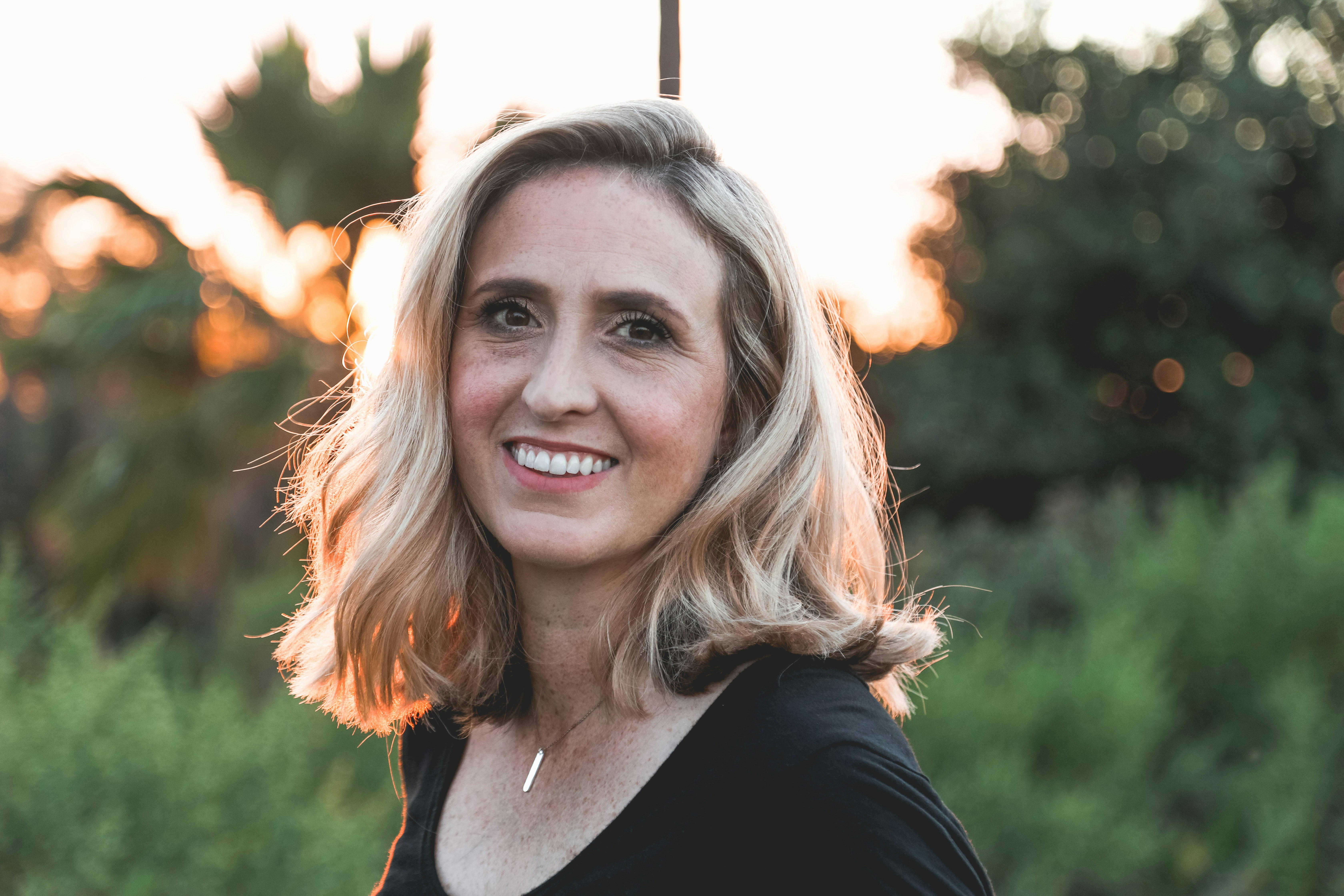
Vicki R.

Found her insights spot on. I gifted this course to 2 others before I even finished it. Refreshing thoughts. Focus is on you, the NT of the relationship with great ways to look at things from both sides. Been married to Autism for 45 years and found this course something I will review on a regular basis to support myself.

Katie G.

This is a MUST for anyone who has a partner with autism. No matter where you are in your relationship, even if your relationship has ended, this is for YOU! Anne’s knowledge, compassion, guidance is unparalleled and unprecedented. Thank you Anne.
My Services
I offer consulting and coaching services to support you in achieving what you want from your life and for your partner, family and children. I work with either the autistic or the neurotypical partner.

Anne MacMillan, MLA
Founder of the R.E.A.L. 10-Step Neurodiverse Family Systems Approach, Speaker, Researcher, Educator, Consultant, Coach and Expert Witness
My Newest Blog Posts
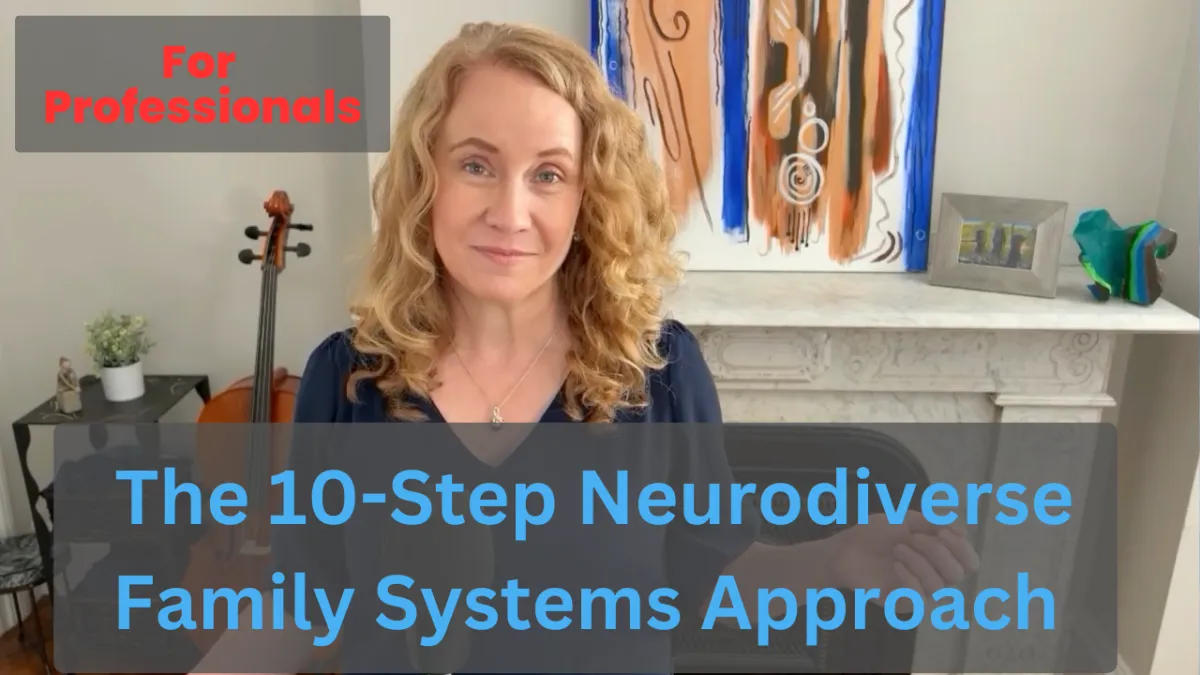
Understanding Neurodiversity: A New Frontier in Psychology
Understanding Neurodiversity: A New Frontier in Psychology
In recent years, our understanding of autism and neurodiversity has advanced significantly, shedding light on the complexities and prevalence of Level 1 autistic adults within our families and communities. Many Level 1 autistics are parents, raising children who are also on the autism spectrum due to autism's genetic component. Furthermore, the co-aggregation of autism with attention neurodivergence (ADHD) within the same families has been established (Ghirardi et al., 2017; Suk-Ling Ma et al., 2021). I add that neurodiverse families also have a third common neurodivergence that I term 'high body empathy neurodivergence,' contributing to the neurological variations within neurodiverse families.
And I calls for a paradigm shift: I suggest we view families as systems and focus on how neurological differences affect interaction patterns rather than on "fixing" or changing individuals or blaming problems on any one neurology.
The Need for Specialized Support
If you are a psychologist, therapist, social worker, clergy member, coach, or domestic violence professional who works with adults, you may have noticed that the increasing societal awareness of Level 1 autism has meant that a growing number of your adult clients are either Level 1 autistics themselves, or have Level 1 autistic adult family members or intimate life partners. Or, at the very least, you may have noticed that more and more of your adult clients' children have Level 1 autism diagnoses, indicating the possibility that at least one of their parents may also be on the autism spectrum. You may have come to recognize that providing meaningful service to this population requires a deep understanding of neurodiverse family dynamics, a gap that current mainstream psychology generally fails to bridge.
I’m Anne MacMillan, founder of R.E.A.L. Neurodiverse, and my journey in understanding neurodiverse family systems and Neurodiverse Relationship Dynamics (NRD) is founded in personal experience. I was born into a neurodiverse family during a time when Level 1 autism was not well understood. I then married a Level 1 autistic man, knowing nothing about autism, but finding comfort in the familiarity of the neurodiverse interaction patterns I recognized from my childhood. I am not autistic myself, but story is shared by many non-autistics who are members of neurodiverse families, demonstrating a multigenerational span of neurodiversity that is more common than often acknowledged.
Bridging the Gap: R.E.A.L. Neurodiverse Family Systems
After years of personal confusion and professional exploration, I developed the R.E.A.L. Neurodiverse Family Systems approach. This practical 10-step method provides practitioners with the tools and understanding needed to effectively support individuals from neurodiverse families. My academic background, including a master's in psychology from Harvard University and pioneering research on autism and intimate adult relationships, informs my comprehensive approach.
The R.E.A.L. Neurodiverse programs expand on Damien Milton's double empathy problem (Milton, 2012, 2017) through defining Neurodiverse Relationship Dynamics (NRD), empathy differences, roles and cycles common in neurodiverse family systems, and by providing differing models of psychosocial development for autistics and non-autistics based in Erik Erikson's seminal work (1950, 1959, 1982). My 10-step system begins with accepting the wholeness of individuals with all neurological variations then offering clients education so they can more easily comprehend what specifically makes their own brains different from their family members' brains. Once individuals are less confused about neurodiversity and NRD, practitioners support them as they seek to make family-affirming life decisions that will bring them the happiness and peace everyone deserves.
Empowering Professionals with Knowledge and Tools
Since launching my private practice in 2017, I have translated my extensive experience into programs that empower professionals to support neurodiverse families across the globe. These programs begin with a credentialing course comprising 20 sections, preparing practitioners to understand the challenges their clients face.
Practitioners gain access to over 200 informative and engaging credentialing videos, equipping them with the information they need to more fully comprehend neurodiverse family systems before they attempt to engage with clients. Upon completing the credentialing, professionals gain access to the programming they need to guide their clients through my R.E.A.L. Neurodiverse 10-step approach.
The UnitusTI Therapy and Education platform supports the administration of these programs, offering features like session notes, billing service codes, comprehensive client files, and narrative and data-driven clinical reports, helping professionals run the business side of their neurodiverse family systems practice as smoothly as the support side.
Alongside the educational videos for clients, practitioners can utilize over 15 quantitative scales to build client self-awareness, measure progress, and support decision making. The program also walks practitioners through supporting clients in understanding four cycles and 15 roles common within neurodiverse family systems, helping clients understand the roles' functions in their individuals lives and the systemic functions in their neurodiverse family systems. MacMillan addresses several types of trauma common in neurodiverse family systems and the reality that Neurodiverse Relationship Dynamics (NRD) elicit intermittent trauma spikes. Practitioners are offered information regarding how to use MacMillan's complementary models of psychosocial development for autistics and non-autistics so their clients can better comprehend how to forward their own psychosocial development as well as what is different about their psychosocial development and the psychosocial development of their family members.
A Call to Action: Transforming Support for Neurodiverse Families
The burgeoning field of neurodiversity represents the cutting edge of psychology. Neurodivergent individuals and their families are eager for solutions that extend beyond diagnoses, solutions that recognize the social dimensions of autism in relationships and parenting. To meet this need, R.E.A.L. Neurodiverse offers specialized programs for couples, families, and parents navigating these challenges, aiming to facilitate personal growth, self-awareness, and practical answers to complex questions.
My hope is to engage with professionals who bring their expertise and feedback to refine and advance this model. Together, we can build theoretically and evidence-based solutions that truly support neurodiverse families, offering the understanding and services they need and deserve.
For a demonstration or to learn more about how our programs can enhance your practice, please reach out to me or my UnitusTI support team for a demo. Learn more at REALneurodiverse.com.
I’m Anne MacMillan from R.E.A.L. Neurodiverse, and I invite you to join me at the forefront of psychology as we work together to better support all individuals from neurodiverse families.
Support for Professionals and Clients:
Neurodiverse Credentialing and Practice Support for Psychologists, Therapists, Social Workers, Clergy, and Domestic Violence workers is available here.
Autistic and non-autistic members of neurodiverse family systems can reach out for support here.
Resources for Further Exploration:
Read Ghirardi et al.'s 2017 study "The Familial Co-Aggregation of ASD and ADHD: A Register-Based Cohort Study" in the Journal of Molecular Psychiatry, Feb. 2018, 23(2), pp. 257-262, doi:10.1038/mp.2017.17.
Read Suk-Ling Ma et al.'s 2021 research "Genetic Overlap Between Attention Defecit/Hyperactivity Disorder and Autism Spectrum Disorder in SHANK2 Gene" published in Frontiers in Neuroscience, Vol. 15, doi:10.3389/fnins.2021.649588.
Learn more about the SHANK2 gene.
Read Damian Milton's 2012 article "On the Ontological Status of Autism: The 'Double Empathy Problem'" published by Disability and Society, 27(6), pp. 883-887, doi:10.1080/09687599.2012.710008.
Read Milton's 2017 book, A Mismatch of Salience, about communication difficulties between autistics and non-autistics published by Pavilion Publishing and Media Ltd.
Read one of Erik Erikson's own books: Childhood and Society (1950), Identity and the Life Cycle (1959), or The Life Cycle Completed (1982) republished by W.W. Norton & Company in 1993, 1994 and 1998.
My Research
Some of the world's first quantitative research on autism and marriage
I was working on a master's in psychology at Harvard University when I realized my husband of almost 20 years was autistic. I was shocked by how little was known about an issue that affected my own life so dramatically. So, I shifted my research interests to autism and marriage and was ultimately given the Director's Thesis Award for my work.
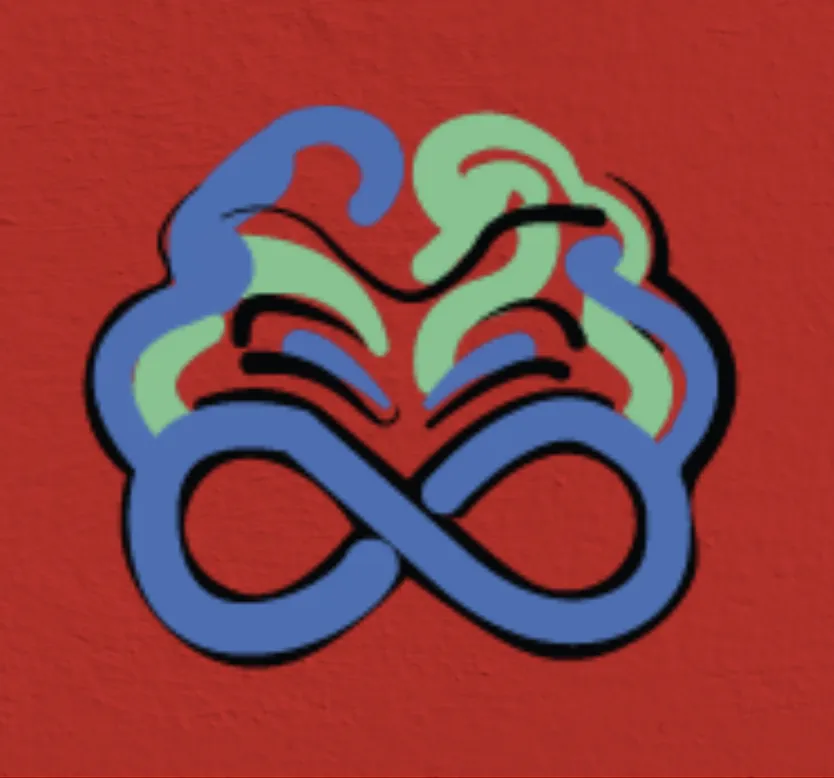
My White Papers and Pamphlets
© 2024 R.E.A.L. Neurodiverse
All Rights Reserved
anne@REALneurodiverse.com
Text or Call: (617) 996-7239 (United States)
